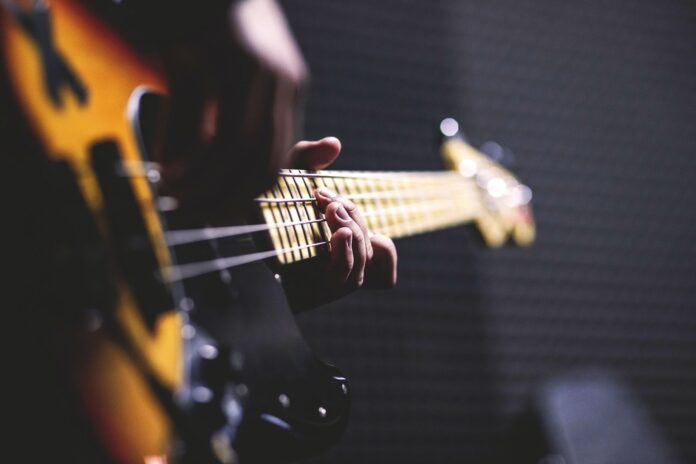Imagine yourself on stage, performing with your favorite band or soloing over an instrumental track with full-throttle chops. But it’s hard to imagine as you feel you’re too old to be doing this—right?
But you must know something: Whatever age you are, it’s never too late to start. If you’ve wanted to be a musician or a singer, there is no better time than now!
In this article, we’ll explore some of the best techniques for helping adults improve their musical ear training skills. Before we discuss how to train your ear for music, let’s understand the meaning of ear-training.
What is ear training?
We all have paths to finding music that moves us. What if you could improve your listening skills by developing them? You may be training your musical ear without realizing it.
For example, if you’re listening to music and someone asks you to sing, or if you find yourself humming your favorite song, you’re training your ears.
Here are a few benefits of musical ear training.
- Ear training is a great way to exercise your intonation and voice to develop muscle memory and learn how to use your vocal cords more effectively.
- It helps you improve your improvising abilities by giving you a better understanding of how instruments work together. This knowledge can be used in situations where musicians must develop notes on the spot.
- Ear training can also increase your confidence as a musician because it helps develop an instinctual understanding of music. This is important for having a solid foundation in music theory and technique.
- Also, musical ear training helps you improve your memory and attention span by exposing you to new sounds and pitches.
Advice for adults just starting out with ear training
For adults just starting with ear training, here are a few tips:
Start with listening actively
Some find it easier to learn the technical aspects of ear training, but if you want to get better at it and enjoy it, you should start by listening to music. This will help build awareness of your body, feelings, and reactions. It’ll also enable your sense of rhythm and pitch—which are essential parts of being able to do ear training effectively.
Take a hearing test
Our ears are designed to hear sounds and interpret them as music so we can sing along and enjoy them. If you’re an adult just getting started with ear training, we recommend taking a hearing test.
This way, you can know whether you have any issues you need to be aware of while you learn music.
Hone your rhythmic skills
As ear training for beginners, honing your rhythmic skills can be highly beneficial. By practicing rhythm, you’ll be able to hear the beats and sync them with your ears and mind. Hone your rhythmic skills by clapping to your favorite song or tapping your foot to the rhythm. Also, listen to different songs and note how they differ in rhythm.
It is also imperative to develop your musical sense of relative pitch to develop your rhythmic skills. There is a musical ear training app to understand the fundamentals of interval training and how to compose and perform tunes by ear using intervals.
Play with chords
If you’ve been working on your ear training for a while, you know it’s essential to keep your skills sharp. The good news is that once you’ve mastered rhythm and melody, you can try some chord exercises.
Pair musical practice with ear training
This exercise aims to use your ear to learn new music by listening to it and then playing it back. By hearing the music, you’ll be able to play it back without memorizing any notes or chords.
Find your ear training buddy
You’re getting ready to start a new musical journey, and it’s important to have someone you can trust. To get started, find someone else in your community who is also interested in learning how to do ear training.
If you’re looking for something more structured, there are many free online musical ear training software that is easy to use and help you build up your skills quickly.
Wrapping up

No matter your age or the years of experience you have under your belt, there’s always room for improvement. Ear training is the process of learning to hear and recognize musical tones. It takes dedication and perseverance to get where you want to go. But even if you’re starting from scratch, it’s worth it!
So if you’re ready to get started, start practicing! Are you starting your musical training as an adult? Know that we are rooting for you always.

























